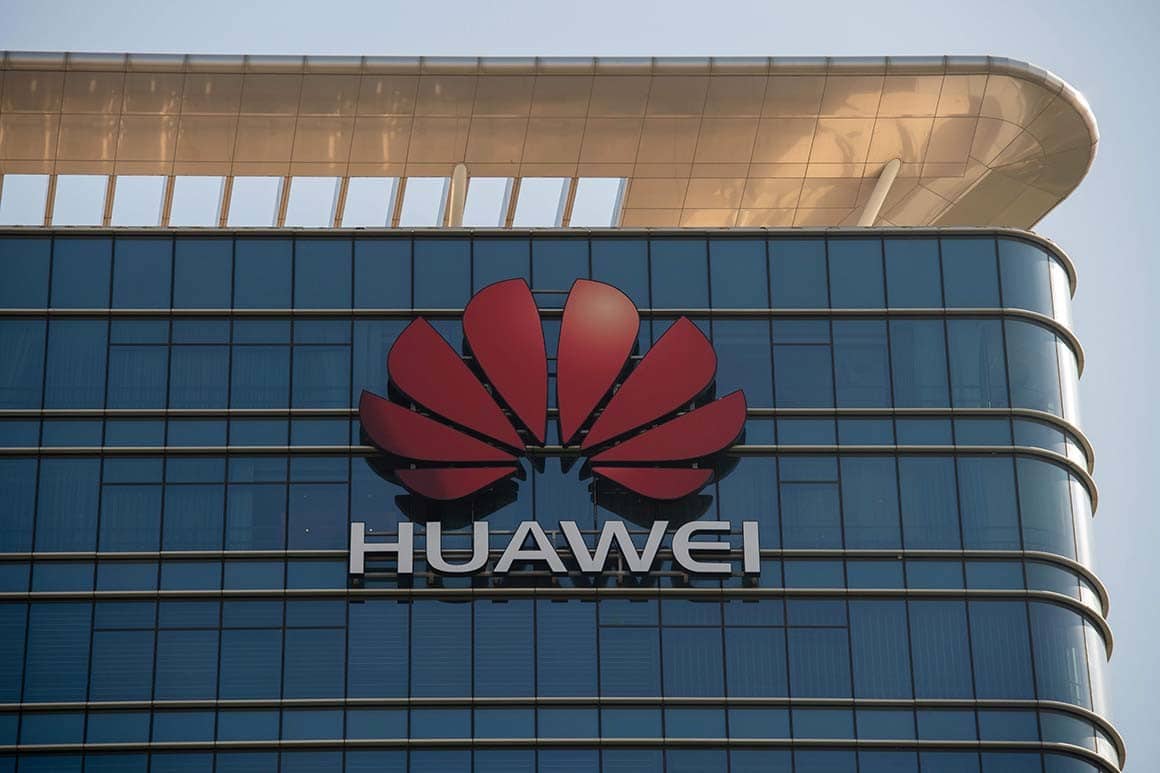On Wednesday, Washington’s fight with Huawei Technologies reached new heights as the department of commerce recently moved to ban telecommunication company from buying parts from U.S companies.
This came a few hours after Trump signed an executive order that enables,the U.S to ban telecommunication equipment from “foreign adversaries” that are “increasingly creating and exploiting vulnerabilities in information and communications technology. Though the order from the President did not single out China or Huawei, this came after responsive moves between Washington and Beijing as both sides keep raising tariffs on each other in the ongoing ‘trade war’.
In a statement released by the Chinese company, it said that the “latest salvo would limit U.S. customers to “inferior yet more expensive alternatives, leaving the U.S lagging behind in 5G deployment”. They added that “unreasonable restriction will infringe upon Huawei’s rights and raise other serious legal issues”.

Samm Sacks, a Cybersecurity Policy and China Digital Economy Fellow at New America said:“ The question is, is this Trump administration now pulling out all the stops in a crucial moment in the last ditch effort to get the Chinse side to the table.” “I suspect not, because what I have seen from both sides is a determination to dig in. It’ll be very difficult to walk this one back”.
The order by the Department of Commerce places Huawei and 70 affiliates on am “entity-list” and makes it necessary for the company to acquire a government license to buy or transfer American technology.
The department in a statement said that it has a “reasonable basis to conclude that Huawei is engaged in activities that are contrary to U.S. national security or foreign policy interest”. The department cited Huawei’s attempt to conceal banned financial services activities in Iran as revealed in a 13-count indictment that was revealed in January.
The ban on Huawei on acquiring components from U.S. companies could be a huge blow for the company as it is looking “to win 5G contracts globally”. A spokesperson for the s=company stated that Huawei spent about $16 billion on procurement within the U.S. last year. Though, he did not state the significance of the amount in relation to its part suppliers globally.
According to Eurasia Group. The complete implementation of this entity list would not only put Huawei at risk but its network of suppliers all over the world.
Analysts from Eurasia Group said in a note, “The firm would be unable to upgrade software and conduct routine maintenance and hardware replacement”. “It would hit virtually all of Huawei’s products, including high-end smartphones, mobile infrastructure, data centers, and cloud services.”
The events that unfolded on Wednesday follows a month-long campaign by the US to convince its allies to ban Huawei equipment from their 5G infrastructure, based on national security concerns. Countries like Australia and New Zealand have followed suit. However, European countries have taken a more nuanced approach, by integrating Huawei equipment but with security measures in place.
Sacks said U.S. actions would cause a “global ripple effect”, as so many countries are depending on Huawei equipment for its mobile infrastructure.
Sacks said U.S. actions would lead to a “global ripple effect” with so many countries relying on Huawei equipment for its mobile infrastructure.
